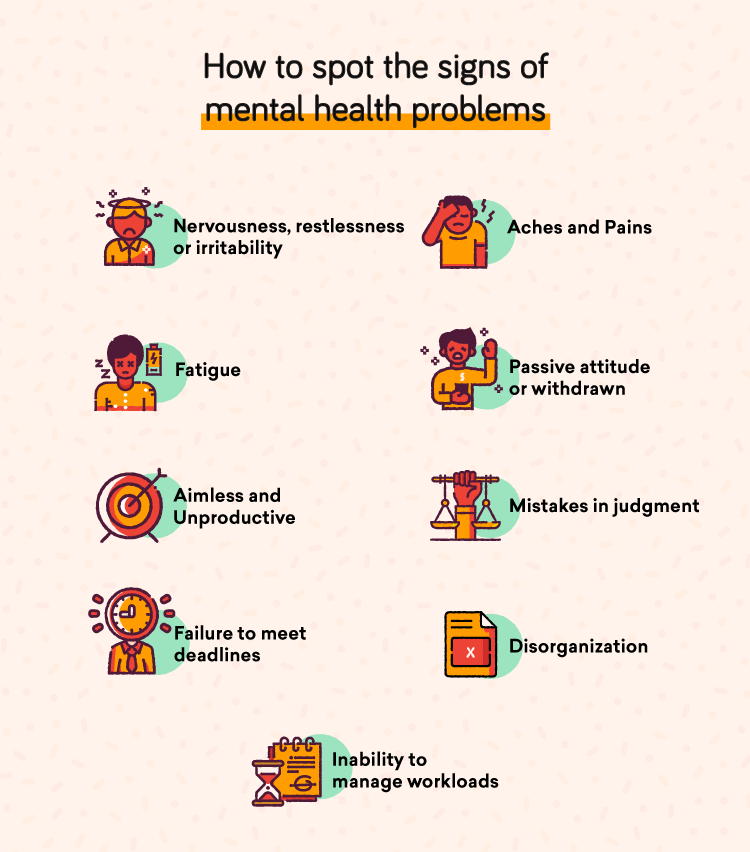Chickpea is a small, annual legume that belongs to the family Fabaceae, subfamily Faboideae. Different varieties are referred to as garbanzo bean or Bengal gram. The seeds contain a lot of protein. The main health benefits of chickpeas are their high protein and low fat content. They can be used in salads, baked goods, and baked potatoes.
In addition to being an excellent source of fiber, chickpeas can also help prevent colorectal cancer. They contain a fiber called lignin, which is broken down by bacteria in the intestines. This process releases a fatty acid called butyrate, which hinders the proliferation of colon cancer cells. This fatty acid also provides energy to the intestinal lining cells.
Another benefit of chickpeas is that they contain a significant amount of protein. One cup of chickpeas contains nearly one-third of an adult’s daily protein requirement. This food may also have health benefits for people with diabetes. A 2014 study concluded that consuming 30 grams of fiber per day can help reduce inflammation in people with type 1 diabetes. However, these are just a few of the benefits of this legume.
In addition to their protein content, chickpeas are high in manganese. Studies have shown that eating chickpeas have a beneficial effect on the digestive system. They may help improve bowel movements. They may also improve digestion and reduce symptoms of chronic diseases like ulcerative colitis and stomach ailments. A good source of manganese is recommended for pregnant women. In addition, chickpeas contain antioxidants that can protect the skin against damage caused by UV light.
Chickpeas are a versatile and nutritious food that can be used in many different dishes. They can be added to savory dishes or used as a filler in sweet treats. Dietitian Patricia Bridget Lane explains the benefits of chickpeas. You may also be interested in learning more about chickpeas. This legume is an excellent source of protein and amino acids. It is the perfect food for vegans.
The fiber in chickpeas helps keep your digestive system functioning smoothly and prevents colorectal cancer. These are high in vitamins and minerals that can strengthen the immune system and prevent major diseases. These nutrients can also help fight cancer. They can be a great source of fiber for your body. In addition to these, chickpeas are also rich in fiber and have an excellent nutritional profile. In fact, a single cup of chickpea is good for your entire body.
There are a variety of benefits from chickpeas. They can help lower blood sugar. A large dose of magnesium will help your digestive system function properly. It will also improve your overall mood and reduce your risk of depression. When you eat chickpeas regularly, you will also find that they help protect your heart. And if you’re worried about their fat and cholesterol, they can lower your cholesterol levels.
The nutritional value of chickpeas is high and varies with the type. In addition to being low in fat and calories, chickpeas are rich in zinc and iron. They can also help control blood sugar. They are high in fiber and can be added to salads, soups, and other dishes. These beans can be eaten with or without the skin and are also a great source of protein and fiber.
Chickpeas are an excellent source of protein and fiber. A single cup of cooked chickpeas contains over 80 percent of the recommended daily value for manganese. Manganese helps produce energy and maintain healthy bones. Additionally, chickpeas are rich in vitamin B and folate. Aside from being high in fiber, chickpeas are an excellent source of many other nutrients.
While some people may not be aware of chickpeas, they are high in protein and fiber. A cup of chickpeas contains about 14.5 grams of protein. The protein content is comparable to lentils and black beans. Some researchers say that this fiber can promote fullness and reduce appetite. Other benefits of chickpeas include improved bone health and reduced risk of colorectal cancer.
















